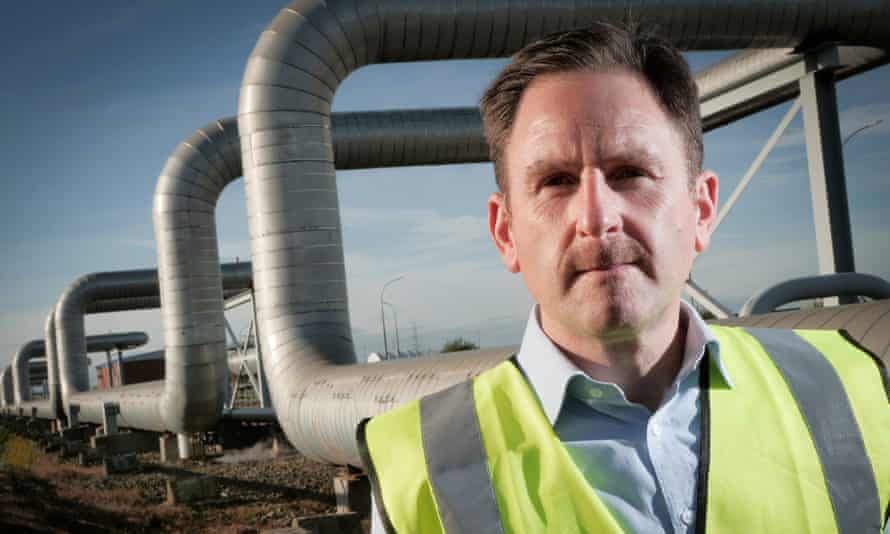Low taxes and levelling up: the great freeport experiment comes to Teesside |
There is demolition work at every turn on Teesside, from the increasingly regular explosions heard across Redcar, as the old steelworks is blasted to pieces, to the cranes taking down nearby Wilton International’s coal-fired power plant.
“The site has seen better days,” said Andy Koss of Sembcorp Industries, which manages the Wilton International complex. “For the region as a whole it has been a tough time, with the gradual erosion of industry at Wilton. And then the closure of the steelworks was a massive blow.”
On what is Europe’s largest brownfield site, work is gathering pace as Teesside prepares for the launch of the government’s new freeport, with hopes that the designation as a low-tax special economic zone will reboot the local economy.
With 11 sites planned across the UK, offering tax breaks and streamlined customs for businesses, freeports are a pet project for Rishi Sunak; the chancellor is selling them as a key advantage of Brexit and central to the Tories’ “levelling-up” agenda.
For the first of the sites to open – Teesside, Humber and Thames – tax cuts worth millions of pounds will be enabled by legislation on Friday. However, the jury is still out on whether freeports will generate the boost the chancellor promises.
On Teesside, there are hopes for as many as 18,000 new jobs, alongside benefits for the economy worth £3.2bn over the coming years. At Wilton, according to Koss, the looming launch date had brought a flurry of interest. “We are getting lots of inquiries. Every plot of land we can develop here has at least one inquiry,” he said. “Some have more than one.”

Sembcorp, headquartered in Singapore and a listed firm half-owned by the Singapore wealth fund, is now managing 562 acres of development land. It is available to businesses Sembcorp hopes will be lured by the tax breaks and by cheap electricity to be produced on site by four generators, amid ambitions to turn Wilton into a green industrial hub.
Central to the Teesside freeport project is the Conservative mayor of the Tees Valley, Ben Houchen, a rising star of the party who has caught national media attention for his “red wall” brand of interventionist Toryism. Vast swaths of land on the freeport site are under public control, and overseen by Houchen.
He intervened this year to buy the local airport and keep it open, and has a bid in for Teesport itself, amid a sale process of PD Ports, the current operator which is owned by Brookfield Asset Management.
This idea of bringing the public sector and private enterprise together represents a tussle at the heart of modern Toryism, as a model both of Thatcherite low-tax dogma and of state interventionism. Singapore on Tees, with central planning.
Under the freeport model, imports will be exempt from customs duties, but experts believe the more powerful incentive is a plethora of tax reliefs, that will be available on a site of up to 600 hectares in size within the special economic zone. From this week, there will be reliefs on business rates and stamp…
Read More: Low taxes and levelling up: the great freeport experiment comes to Teesside |
